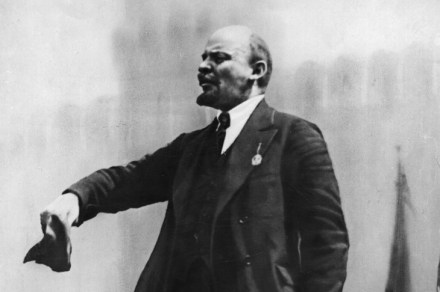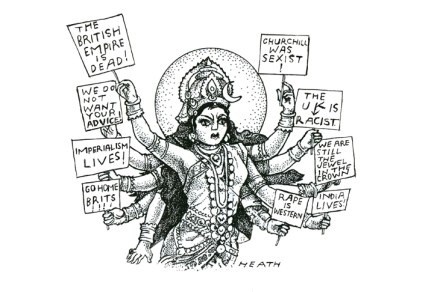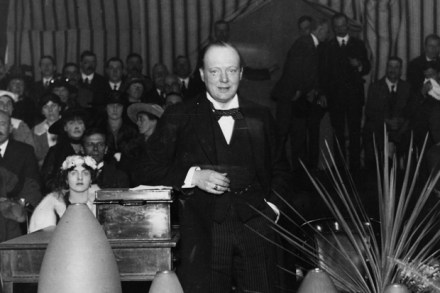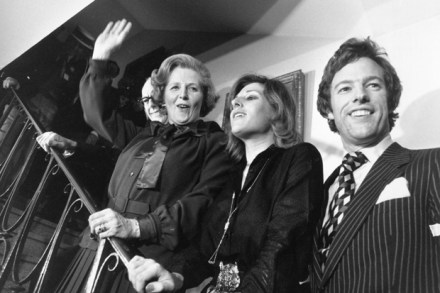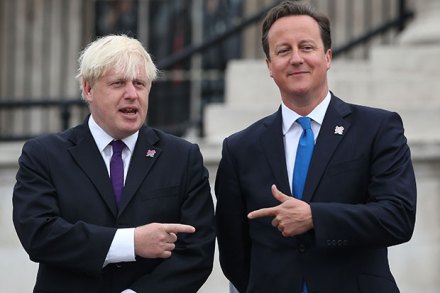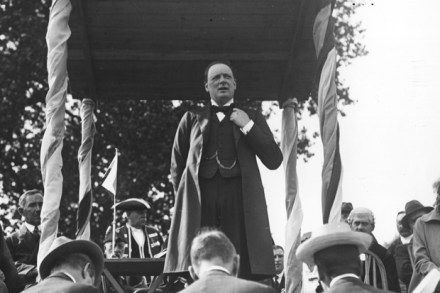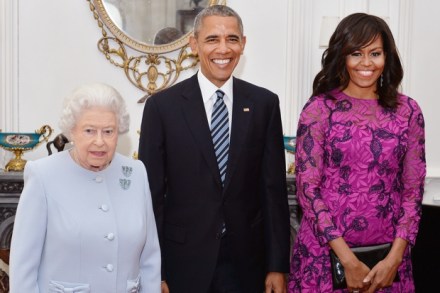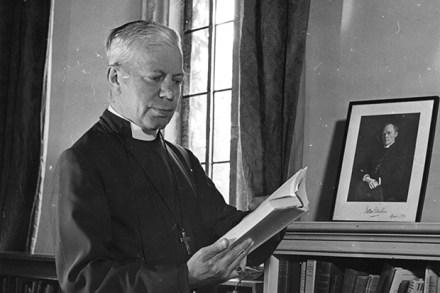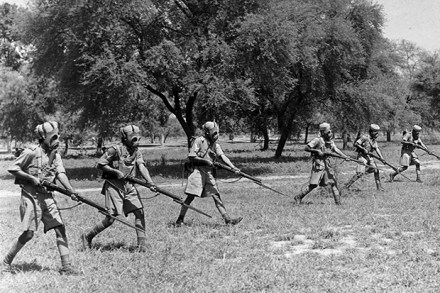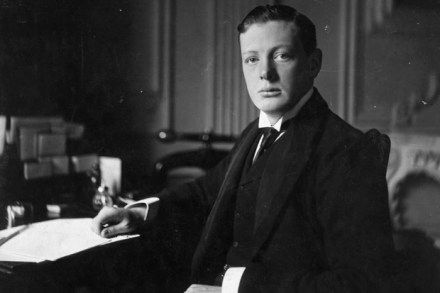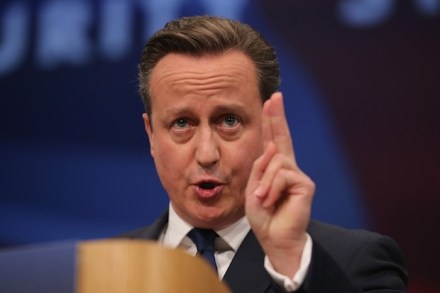High life | 24 August 2017
When the Germans smuggled arguably the world’s most evil man into Russia 100 years ago, they did not imagine the harm they were unleashing on the human race. Once Lenin had prevailed, he decided to forge a new consciousness, New Soviet Man, as the Bolshies called it, someone who would overcome ‘the antinomies of subjective and objective, body and spirit, family and party’. Leave it to a horror like Lenin to design a new human being (although a certain Austrian tried to emulate him less than 20 years later) and you get Yakov Sverdlov, who ordered the murder of the Tsar and his family, and the hanging of their dogs.
